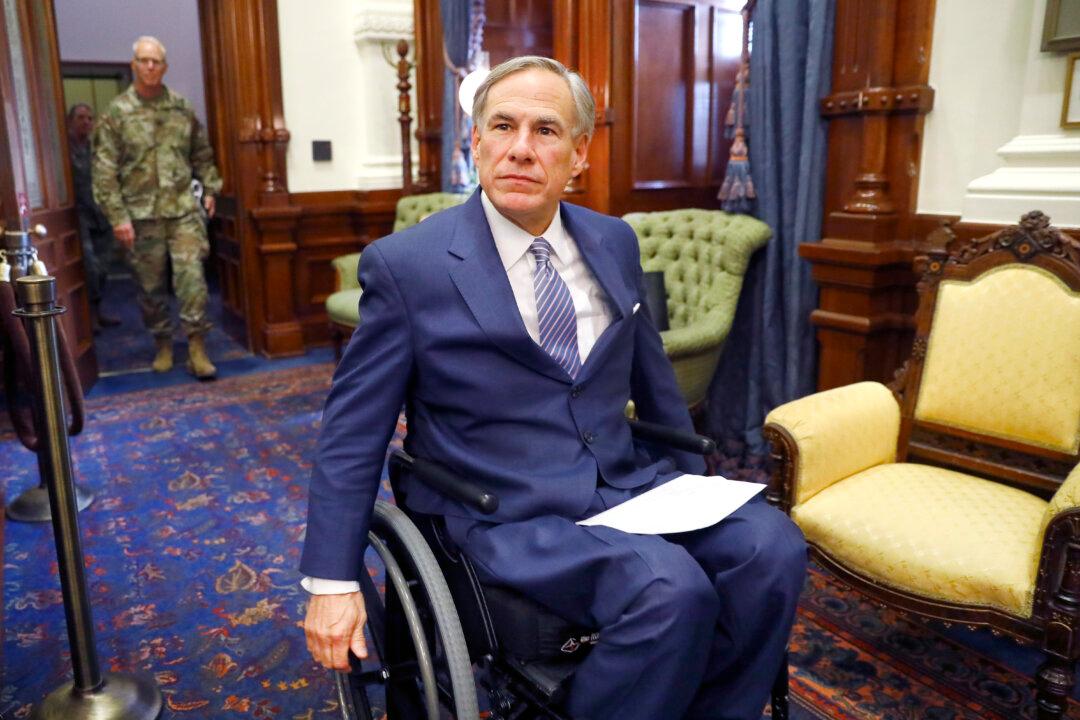After a federal appeals court issued an order allowing some so-called medication abortions to proceed in Texas, abortion advocates have withdrawn their request to the Supreme Court for an emergency stay on Texas’s temporary ban on most abortions, which had been justified as part of CCP virus-containment measures.
The litigation between abortionists and state officials has been bouncing back and forth between federal judges at the district and appellate levels for weeks now.





